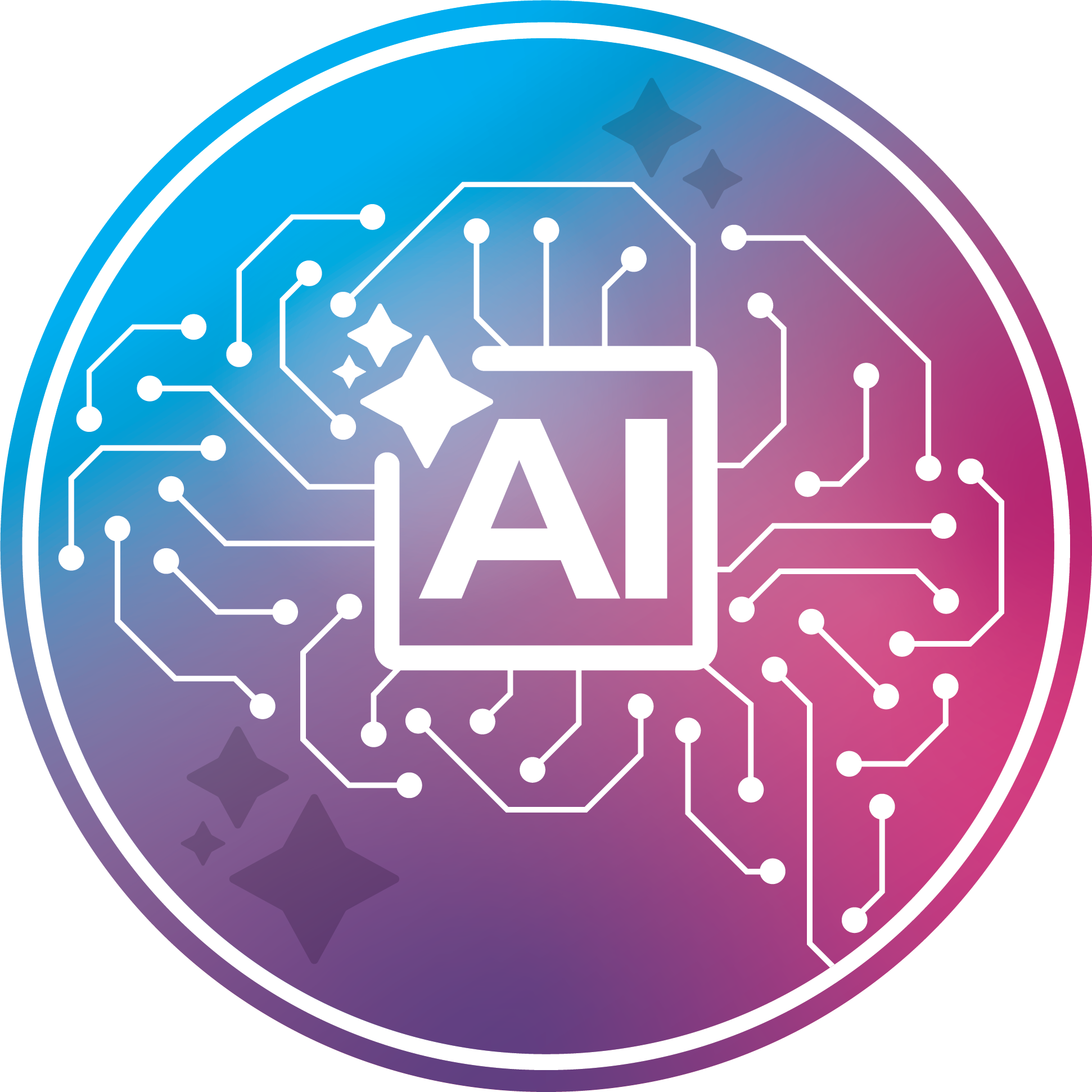As competition for student enrollment intensifies, colleges and universities are investing in new technologies to enhance the campus experience. Developing and maintaining digital ecosystems that support campus-wide navigation, communication, and engagement is essential for creating a positive, informed community—and maintaining a competitive advantage.

AV integrators are uniquely positioned to support the growing demand for future-proof, intelligent campus-wide communications, and now is the perfect time to jump in. The education sector is poised for rapid growth in digital signage software, with an anticipated annual growth rate of 21.6% over the next decade.
New AI-enhanced content management software (CMS) innovations can deliver the precise, future-proof digital experiences required to differentiate a campus. AI-driven CMS solutions offer new levels of personalization for digital signage ecosystems. Trained with institution-specific data, the software integrates with hardware across campuses to support wayfinding, communication, and content management.
[Viewpoint: Office Buzz or Buzzkill]
Streamlining Workloads
Let’s address the elephant in the room: The workload associated with digital signage ecosystems can cause hesitancy for higher education leaders. It’s understandable. With many institutions managing campuses that sprawl hundreds or even thousands of acres or multiple campuses, managing digital signage and communication systems requires significant time investment.
AI-accelerated content deployment is especially vital for emergency communications.
Ownership and access are also a core challenge. While common areas like student unions and visitor centers benefit from a wide-net content strategy, many departments have their own content agendas. Limiting CMS control to one individual or team is simply insufficient to tap the potential of signage hardware across campus. Still, all signage must be unified to ensure that critical information—such as emergency alerts—reaches the full campus.
AI-driven CMS solutions enable digital signage management with minimal manual intervention. When integrated with an institution’s knowledge base, AI can retrieve information quickly and support template automation, messaging, content design, and scheduling—offering an accelerated approach to content collaboration and consistency. Put simply, you don’t have to be a CMS expert to update the signage playlist.
It also makes updates easier for users across departments, shortening the time and training investment required to create and share compelling content. Hierarchical controls and location-based scheduling enable department leaders to share location or subject-specific content on “their” screens, while still allowing campus-wide messages and resources to be centrally managed and distributed.
[Editorial: It's (Almost) All Good News for Digital Signage]
The operational support of AI-enhanced CMS extends beyond content distribution. By automating routine tasks, AI integrations can save substantial costs, allowing institutions to allocate funds to other critical areas.
For example, space management is a crucial task for maximizing campus resources. Monitoring space usage, occupancy, and sanitation needs can be complex and time-consuming. With the right integrations, higher education professionals can leverage an AI-enhanced CMS to automate and simplify space reservations for students and faculty via campus screens. From the same backend, administrators can effortlessly monitor space usage, occupancy, and sanitation needs, enhancing operational efficiency and ensuring optimal use of campus resources.
Safety Applications
The advantages of AI-enhanced content management extend beyond the backend, too. Digital signage is essential for sharing information with students and prospects and establishing brand familiarity and consistency across campus. AI-powered CMS solutions improve day-to-day engagements that keep students and visitors involved and informed.
A modern CMS with conversational AI can simplify communications by streamlining content editing tasks. Users can interact with an intuitive chatbot trained with the institution’s knowledge base, making it simple to consistently and accurately disseminate important messages across all digital touchpoints.
AI-accelerated content deployment is especially vital for emergency communications. A supplement to mobile alerts and verbal announcements, administrators can use the AI-supported interface to quickly distribute alerts and safety protocols across campus signage. This can help provide immediate instructions, minimize threat response times, and unify action to improve overall campus security.
For maximum impact, institutions should ensure that their CMS integrates with emergency alert software like RAVE, Everbridge, and others. These applications are often familiar to the campus community and serve as a core component of campus safety strategy.
Better Visits
While student and faculty engagement are crucial to higher education success, the visitor experience is also important. Navigating a large and constantly evolving campus can be daunting for newcomers and alumni alike. AI-enhanced wayfinding solutions can help remediate visitor pain points while reducing operational strain and minimizing the need for live staff.
When trained on institutional knowledge, conversational AI can instantly connect students with vital information and resources—an alternative to overwhelming internet searches. When choosing the best solution, administrators should identify a chatbot that provides multilingual support and meets ADA requirements to support diverse student bodies.
[The Digital Signage Best Practices Guide]
Moreover, wayfinding solutions equipped with conversational AI can extend beyond physical navigation to include virtual campus tours and orientation materials accessible through mobile devices. This approach not only caters to the preferences of digital-native students, but also provides flexibility for individuals who may be unable to visit the campus in person due to geographical or logistical constraints.
Systems integrators can help transform the higher education digital experience with AI-enhanced CMS solutions. Encouraging decision-makers to embrace these innovations creates a safer and more connected campus. And as campuses expand, these solutions can scale, ensuring that the technology infrastructure remains robust and effective without requiring major overhauls. Moreover, investing in AI integrations now can prepare institutions for future technological advancements, keeping them ahead of the curve.

